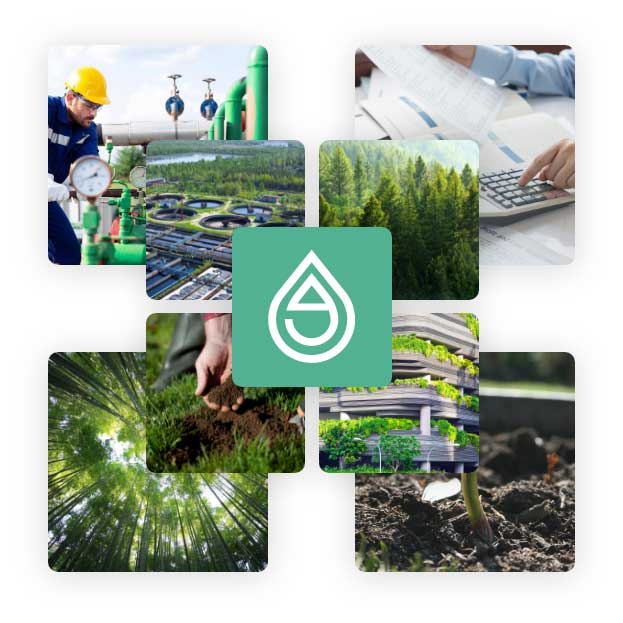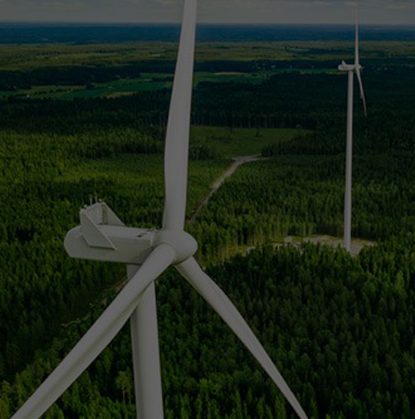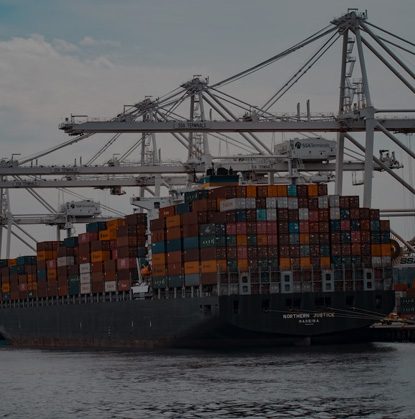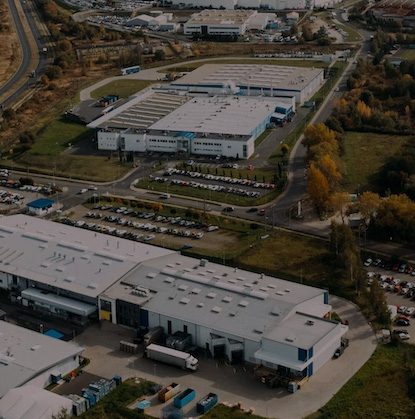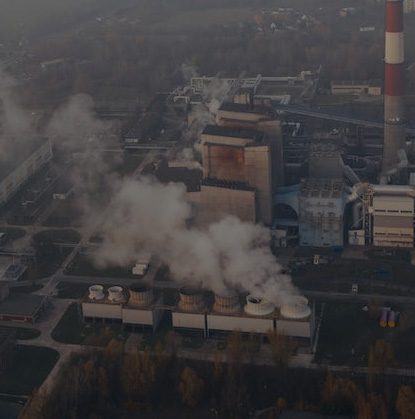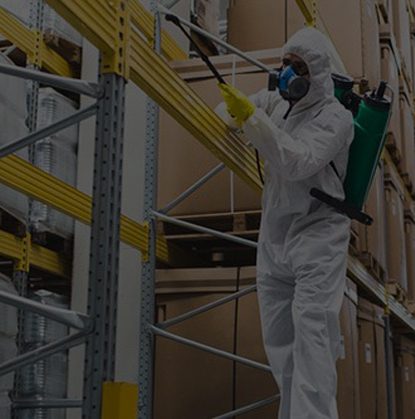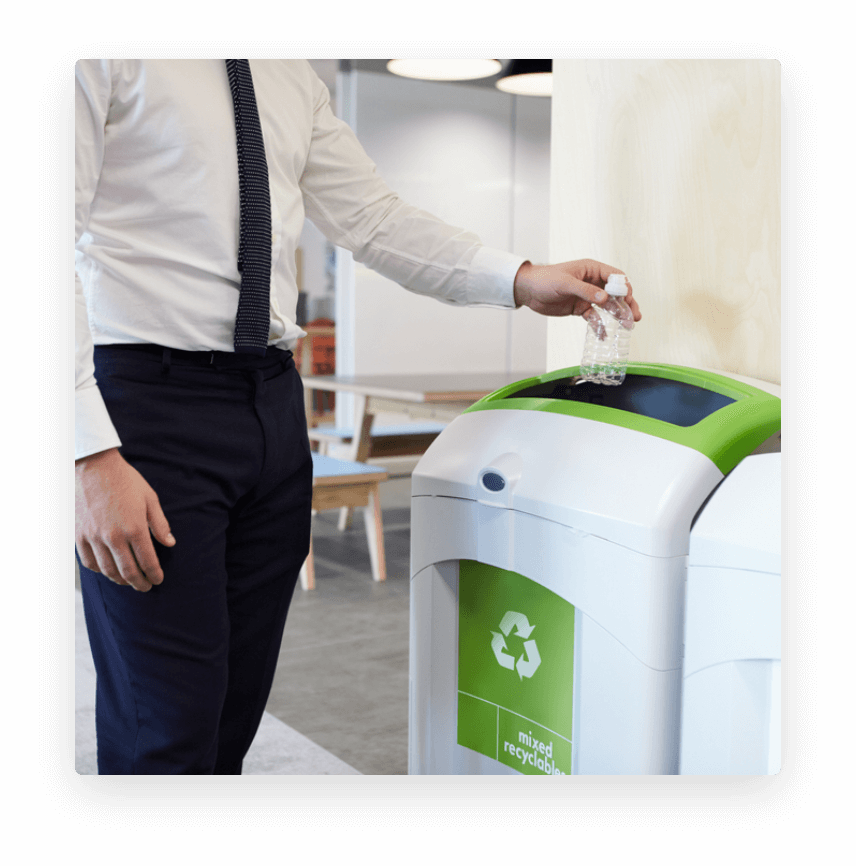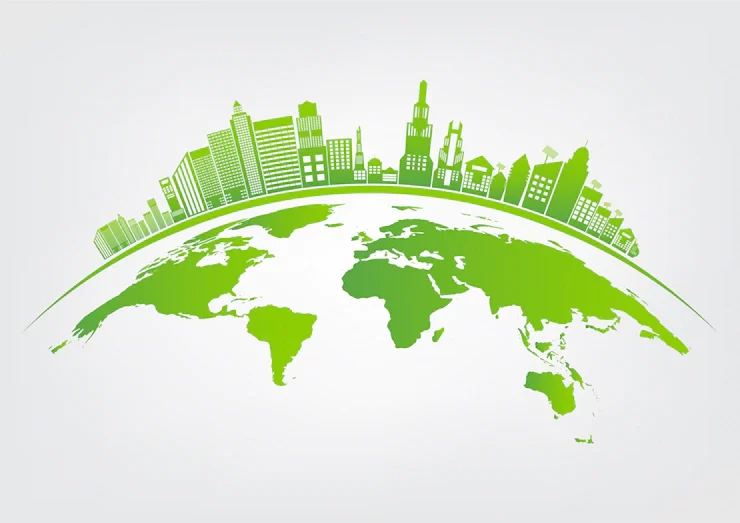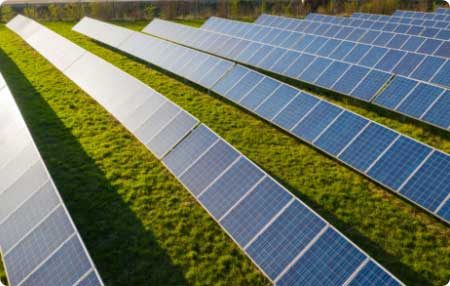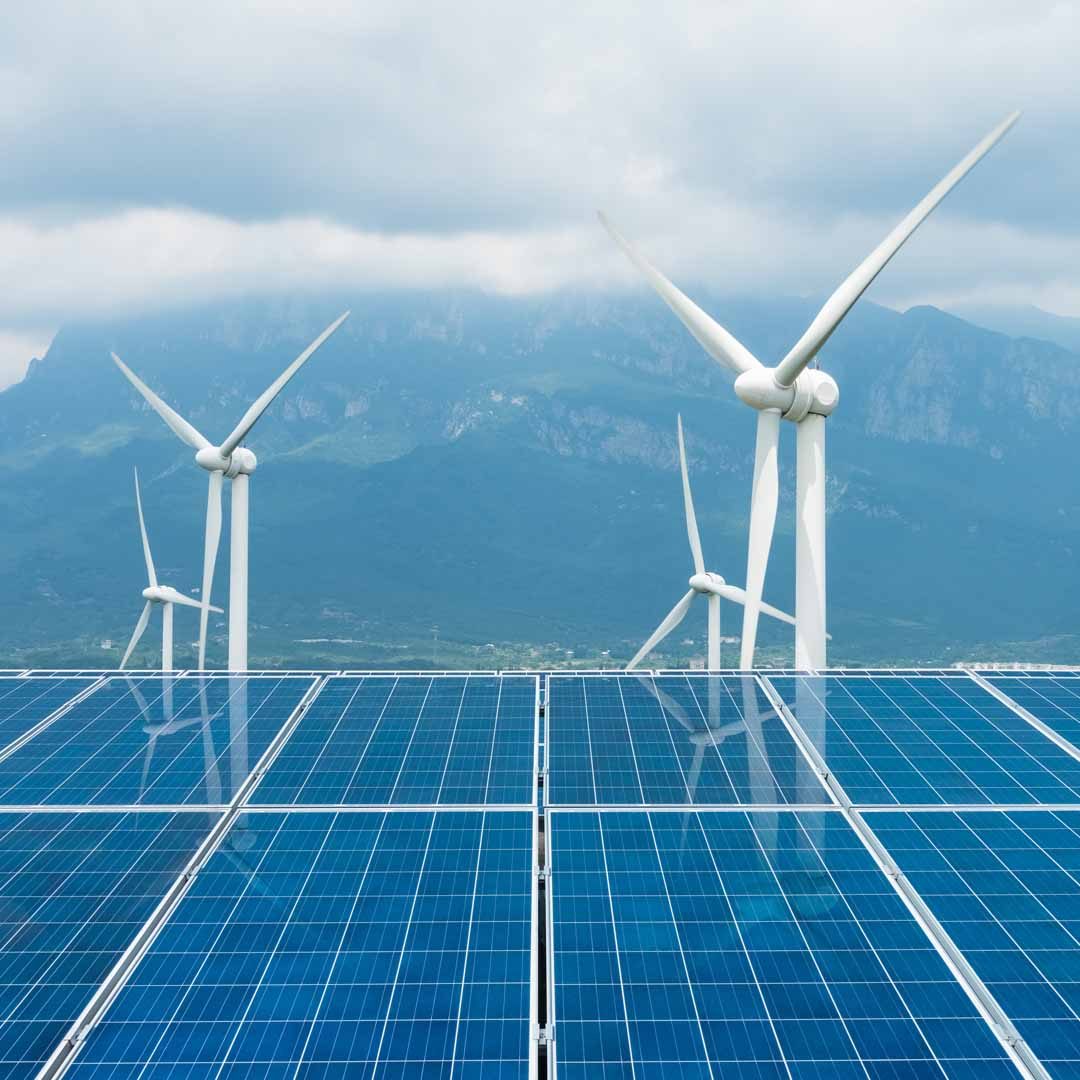
About us
What we do
Waey environmental consultancy and trading is a Qatari company with the aim of bringing environmental and sustainability solution with awareness to Qatar’s public and industry. We strive to pursue advancement in the world of environmentalism, and green sustainable thinking and present them to our valued patrons in the aim of serving Islamic principles of conservation and Qatar’s 2030 vision.
We will ensure that our patrons are provided the best expertise, and guidance in aiming for the highest level of environmental management in the shared knowledge of team. We provide a combined 30 year experience in environmental management, environmental compliance to Qatari regulations and waste management.
